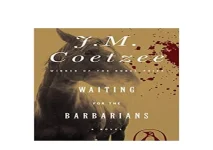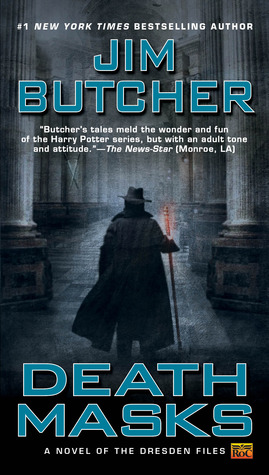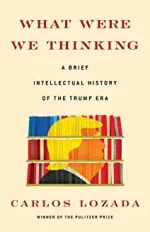 SOMEWHITHER
By John C. Wright
SOMEWHITHER
By John C. Wright
This book is one of those books that is equal parts fantasy and Sci-Fi that reads a lot like a collaboration between Dan Simmons and Jim Butcher, addressing both the high minded pursuit of a Simmons novel and the "8 year old smashing action figures together" style of Jim Butcher. In this book, John C. Wright -- a Catholic convert from Atheism -- tackles some of the key tenets of religiosity in general, while developing a rather interesting universe in which his characters live. I found his philosophical arguments very interesting.
All good Sci-Fi (but not so much fantasy, as I have found) uses the dystopian or alien setting to address high concepts such as history, the classics and human nature from the outside in. It should make you look at something you find common in a different light, and force you to reconsider preconceptions. In SOMEWHITHER, Wright tackles the philosophical, logical and practical nature of free will. While the Catholicism is heavy in the book, it is not, for the most part, central to his overarching argument regarding the nature of free will, it is more addressed as a reality under-which free will can exist, and how he does that is rather clever, I think.
In the book Wright presents a setting in which alternative, branching universes exist. How these universes branch I'll get to a bit later as I think it a less philosophical, but nonetheless intriguing plot element, but the story primarily takes place in one particular branched universe that operates on a very different rule set than our own. In this particular universe, humanity operates on a largely atheistic view of human nature, or not really "view", but rather law. In this universe, where the protagonist finds himself inserted, humanity and human nature is seen as purely a deterministic function of a mechanical universe. This version of humanity, driven by this belief became such mathematical geniuses that "horoscopes" became a functional reality, they had grasped human interaction at a mathematical level such that everyone knew how their days and years would unfold. This raised the question of freedom, and if people truly are free. In this universe, they accepted that they were slaves to the horoscopes.
There was, however, a fly in their perfect ointment. The base assumption that humanity was all lower function and animalistic relied a flawed view of humanity. There was, in fact, a duality of mankind in their world. While their horoscopes required all interactions to be predictable, humanities higher functions, in which love, altruism and sacrifice reside, still existed. Where people of that universe delved into their higher functions the horoscopes became less predictable, and the system would break down. The end result, after many millennia, was that their universe had devolved into an all powerful theocratic dictatorship where adherence to the horoscope was preached and, where necessary, brutally enforced. But, since the government of the world is depicted as having both a scientific and religious zeal for torture, you get the feeling that there is more enforcement than anyone is willing to admit.
I found that to be an interesting take on the Free Will debate.
Apart of the running dialogue on the nature of free will, and how humanity would develop in its absence, there was also an interesting bit of Pseudoscience that is, admittedly, not as interesting, but still was interesting enough to make my brain tingle a bit while challenging the concept. The concept was discussed only briefly in a discussion between one other-worldly ally and the protagonist and the protagonist mused on the odd diversions of this alternate universe from our own in the most basic laws of physics. Something things from our own universe just didn't work, while some things worked too well. The protagonist eventually asked how some of the apparent miracle devices of this universe could have been missed by the residents of our universe, and how some of our greatest, most fundamental discoveries have been missed in this universe. This simple answer was this "The people of your universe have a blind spot for the nature of the universe. Much of what you see as discovery was, in fact, creation. When you believe you are the first to observe something, you have, in fact created it." As such, the many branching universes were, in fact, the product of branching, chaotic creation where "discovery" creates physical realities while closing off other potentialities.
I thought that was a pretty cool concept, and ripe for many interesting paths of story arch while maintaining a continuity.
It is rather heavily steeped in Catholicism which may turn off some, as well as being written from the point of view of a hormone drenched male teenager would might offend others. But it's a fun and interesting read if you are up to the challenge.
















